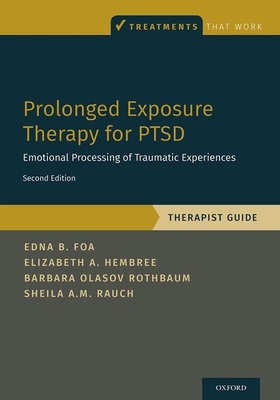
Ryder, W. L.
One writes a book like this in order to help others and to influence the future for Christians and non-Christians alike, whether laymen or professionals. I'm hoping to stimulate many people, and Christians, in particular, to explore the challenging concepts of their own psychology of conversion or an earnest search for their own significance, all of which takes time to process but, when better understood, shows that faith helps in ways that modern medicine never could. My job is to clarify and elaborate, not force. With the presentation of a new paradigm, I am hoping to prompt many Christian psychiatrists to practice more fully and effectively, to give Christian psychiatry its legitimate place within the profession of organized psychiatry, and to better inform patients in choosing their provider for the greatest possible healing and growth.
This book is a calling cultivated during a lifetime of practice which shows tested and proven experiences of greater healing, hope and faith. So, it is a delicate process, woven between the poles of humility on the one hand and responsibility for making a helping effort on the other. And this is true, or it should be, of all helping professional practice -- to do what needs to be done and, moreover, know how it works pragmatically in life - in each of our lives. This is why I am prone to say that "God ain't stupid and He ain't impractical," and, thus, that "the Lord ain't just whistling Dixie " because "we are all swimming in the same stuff." The dream of the purely biological understanding of man, the dream of secular humanistic psychiatry, is a delusion: it is based on a reductionistic, purely materialistic worldview. The Christian's worldview begins with, is an expression of, and ends with, the spirit world. The well-rounded and balanced Christian realizes that the world, however, is hardly only spirit, nor is man.







